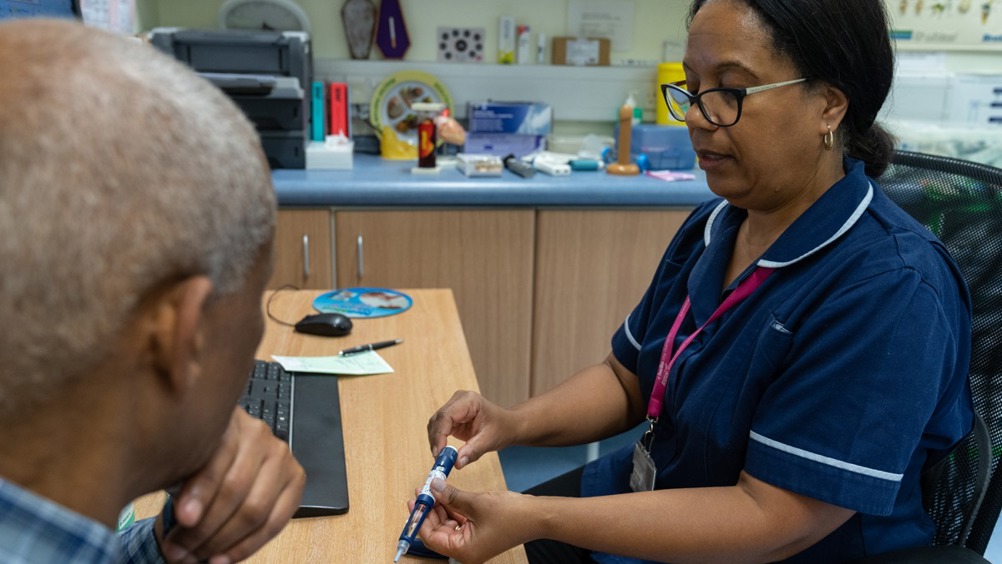References
Practice nurses need better diabetes education to meet service and individual needs

Abstract
Anne Phillips, from the iDEAL advisory group, highlights the need for constant evidence-based educational opportunities to be available and accessible, via a variety of means, to ensure practice nurses can keep up to date and deliver evidence-based diabetes care
The iDEAL Group is an independent multi-disciplinary panel of diabetes experts and includes people living with diabetes. iDEAL aims to improve diabetes care outcomes across the UK. iDEAL recognises the need for responsive and effective health professional education, coupled with educated health professionals, to meet the increasing needs for diversity, specialism, cultural competence, advancing practice and person-centredness in diabetes care delivery. The recently published position statement from iDEAL, Diabetes Health Professional Education to meet Service and Individualised Needs (Phillips et al, 2019), highlights the need for constant evidence-based educational opportunities to be available and accessible, via a variety of means, to ensure health professionals can keep up to date and deliver evidence-based diabetes care wherever they practice. This follows on from the White Paper published by iDEAL in 2018 (Grumitt et al, 2018). This article provides an overview of the key points made in the position statement.
Register now to continue reading
Thank you for visiting Practice Nursing and reading some of our peer-reviewed resources for general practice nurses. To read more, please register today. You’ll enjoy the following great benefits:
What's included
-
Limited access to clinical or professional articles
-
New content and clinical newsletter updates each month

